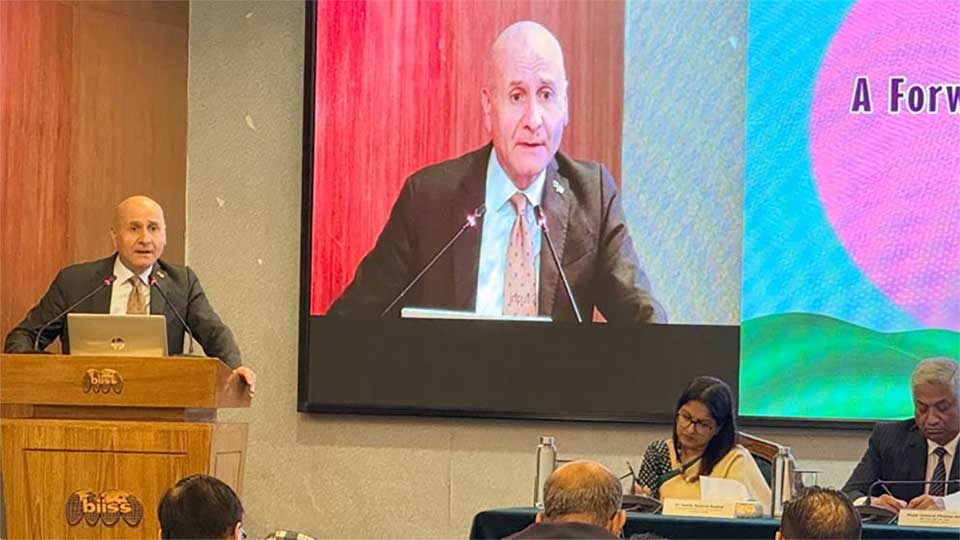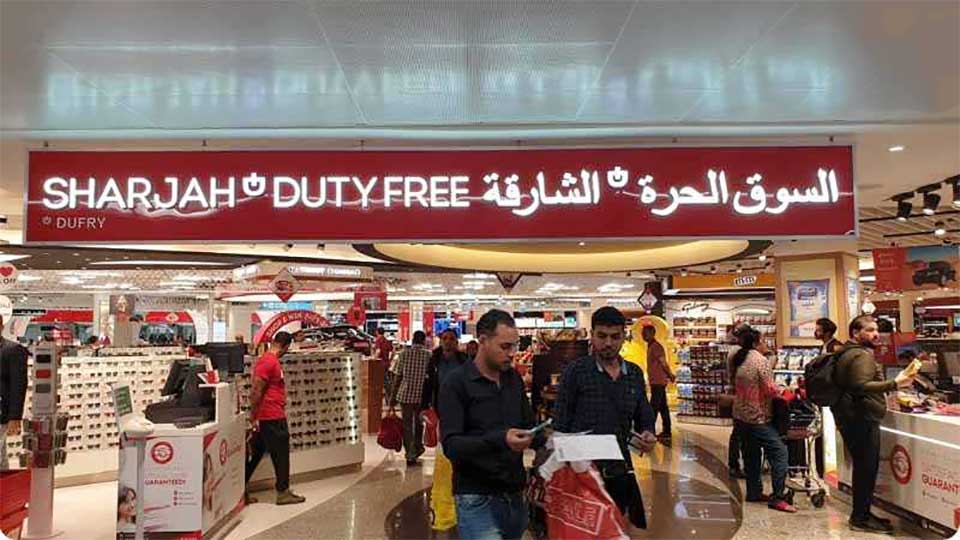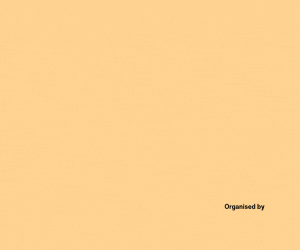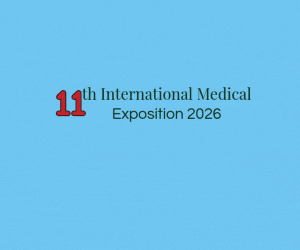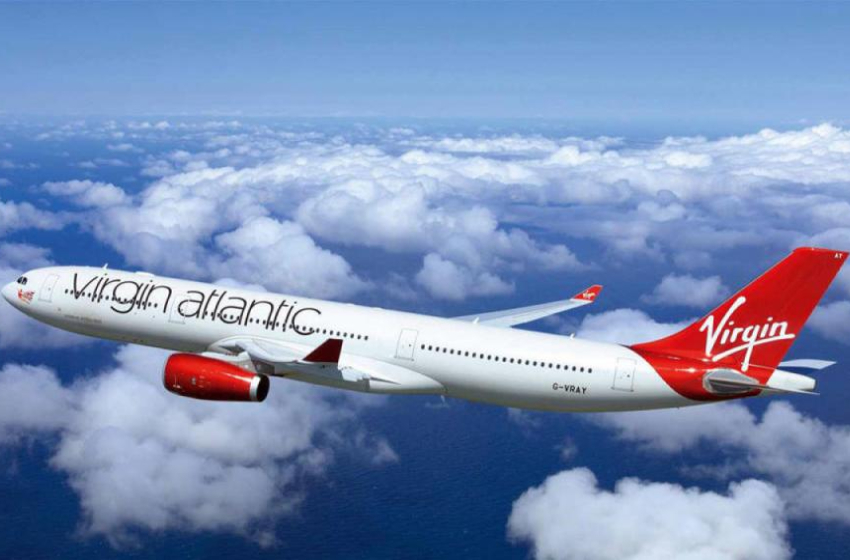
Dhaka: The UK High Court has approved Virgin Atlantic’s rescue package, leaving the airline on the brink of a full recapitalisation after its finances were destroyed by the coronavirus pandemic.
The struggling airline has spent the summer trying to win approval for the USD 1.2 billion private sector scheme, which was agreed in July, after Virgin Atlantic failed to receive any government help during the aviation sector’s worst ever crisis.
In a High Court hearing on September 2, Justice Snowden approved the scheme, after hearing evidence that the airline would run out of money within a few weeks without support.
“Achieving this significant milestone puts Virgin Atlantic in a position to rebuild its balance sheet, restore customer confidence and welcome passengers back to the skies, safely, as soon as they are ready to travel,” a spokesperson for the airline said.
There is still one final hurdle in the months-long process, as the airline must go through the US courts today to make sure the restructuring is recognised on both sides of the Atlantic.
Virgin Group, which owns a 51 per cent stake in the airline, has committed USD 200 million in funding as part of the rescue deal, while US hedge fund Davidson Kempner Capital Management will provide USD 170 million in debt funding.
The deal includes USD 400 million of fee deferrals from shareholders, Virgin Group and Delta Air Lines, which owns 49 per cent. Creditors have also agreed to postpone payments worth a further USD 450 million.
Last week, a group of about 170 of creditors voted to accept a 20 per cent “haircut” on debts owed as part of a restructuring process, and to receive the outstanding balance in a staggered set of payments.
The airline was hopeful in July that the rescue deal would put it on the path to profitability in 2022, although the uncertainty facing the whole aviation sector has deepened since then.
Virgin Atlantic has announced plans to beef up its schedule this month, including the resumption of routes to Mumbai, Tel Aviv and Atlanta. But it remains largely cut off from it critical transatlantic market because of entry restrictions in the US and quarantine requirements in the UK.


